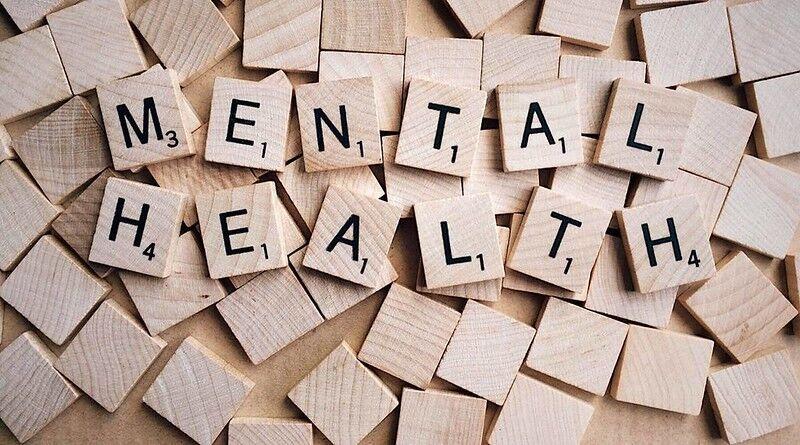Editorial: When college becomes too much
September 29, 2021
College is supposed to be the four best years of your life. You are away from home for what is likely the first time in your life, so you are expanding your horizons and spreading your wings. Figuring out who you are is what these four (or longer) best years of your life are about. But, what if they aren’t the best years of your life?
Unfortunately, college students are really stressed. Walk onto campus and ask any of them. Assignments are piling up, exams are lurking around every corner, the expectation to socialize looms ahead of them, COVID-19 is a concern and other responsibilities are filtering in, too. This stress is normal and most college students experience it, so we collectively can sympathize with each other. One statistic even stated that 80 percent of students have felt overwhelmed by what they have had to do in the past year. That is a large number of students. Yet there is another category of college students who are battling something much darker and more sinister.
Mental health battles are a very difficult issue that some college students struggle with in secret. Being ashamed of your mental health struggles is unfortunately pretty common. The stigma surrounding mental illness makes it a very scary experience to reach out and ask for help. Afraid of looking weird, weak or crazy, students will often suffer in silence. Their mental health, grades and many other aspects of their life will be on a rapid decline, yet they continue suffering.
There is no blame here for the students who are suffering in silence. Students may not know they are suffering, because they may have always felt this way, or they are ashamed of not being able to overcome these challenges on their own. The shame they may feel is not their fault at all; the stigma surrounding mental health in our society needs to improve and it needs to do so quickly. One in four people will experience a psychiatric disorder during their lifetime. With such a high prevalence, we should be more focused on tackling and dismantling the stigma surrounding mental health.
If you think about it, when you break an arm, you can run to your local hospital. They’ll take an x-ray and get you in a cast. But if you go to the hospital for a problem in your brain, the fix is not that simple. You have to know where to even go to begin with; being able to find mental health help is a bit of a struggle. There are not many facilities available to help you with your mental health, and those that are available may be full.
Inaccessibility and stigma are huge contributors to discouragement in reaching out for mental health help. We need to step it up. America, and Iowa, need to take care of those struggling with mental health, especially when it is young people. These young people are being bombarded by overwhelming expectations and already struggling with mental health problems. Being afraid to reach out leaves them there, struggling and drowning with no way to get air.
College is supposed to be the best four years of your life. How can it be the best when you can barely keep your head above water?







